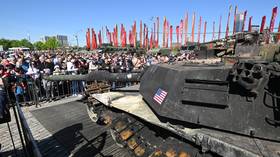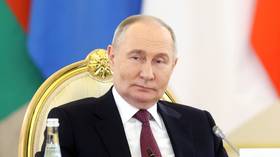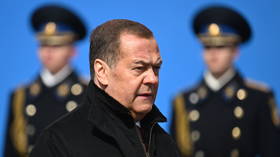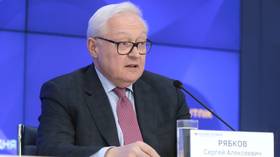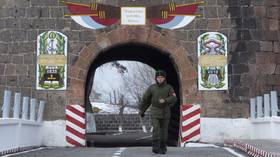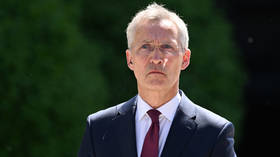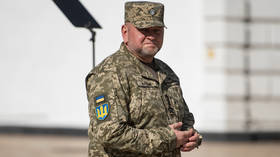Putin thinks ‘decades ahead’ – key aide
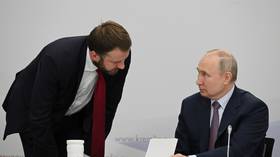
Unlike the leaders of Western states, Russian President Vladimir Putin does not think in terms of the next election, but decades ahead, his economic adviser, Maksim Oreshkin, has said.
The comments were made in an interview with the outlet Moskovsky Komsomolets (MK), published on the eve of Wednesday’s artificial intelligence conference in Moscow.
“Russia compares favorably with individual European countries, which you called democracies,” Oreshkin told MK. “The planning horizon there is short. The main thing is to hold out until the next elections, and then who cares if the grass will grow. We all know very well that President Putin’s planning horizon is not three months, not a year, or even five years. These are decades ahead, generations.”
Oreshkin pointed to how much Russia has changed since 2000 when Putin was first elected, noting the increases in life expectancy, car and home ownership, agricultural production, and exports.
“The point is that Putin does not make a single decision ‘for elections’ based on a short-term planning horizon. He always thinks in terms of the next generations,” he said.
Oreshkin denied that the Kremlin is preparing “bitter pills” for Russians after the March 2024 election. Instead, he said, the government has in mind a development strategy for education and infrastructure.
“We all want to see the improvement of societal infrastructure in the country as quickly as possible, to speed up the renovation of schools, kindergartens, roads, and improve primary healthcare. The question is only how to pay for such rapid change,” he told MK.
According to Oreshkin, Russia has managed to absorb the negative impact of Western sanctions, and its economy has grown by 5% in the third quarter of 2023. The budget deficit has turned out to be far smaller than the Kremlin anticipated, and the overall economic situation is quite good, he argued. The only fields that are still hurting are those that had relied on exports to Europe – such as oil, gas, and lumber – or were dominated by Western suppliers, such as cars.





